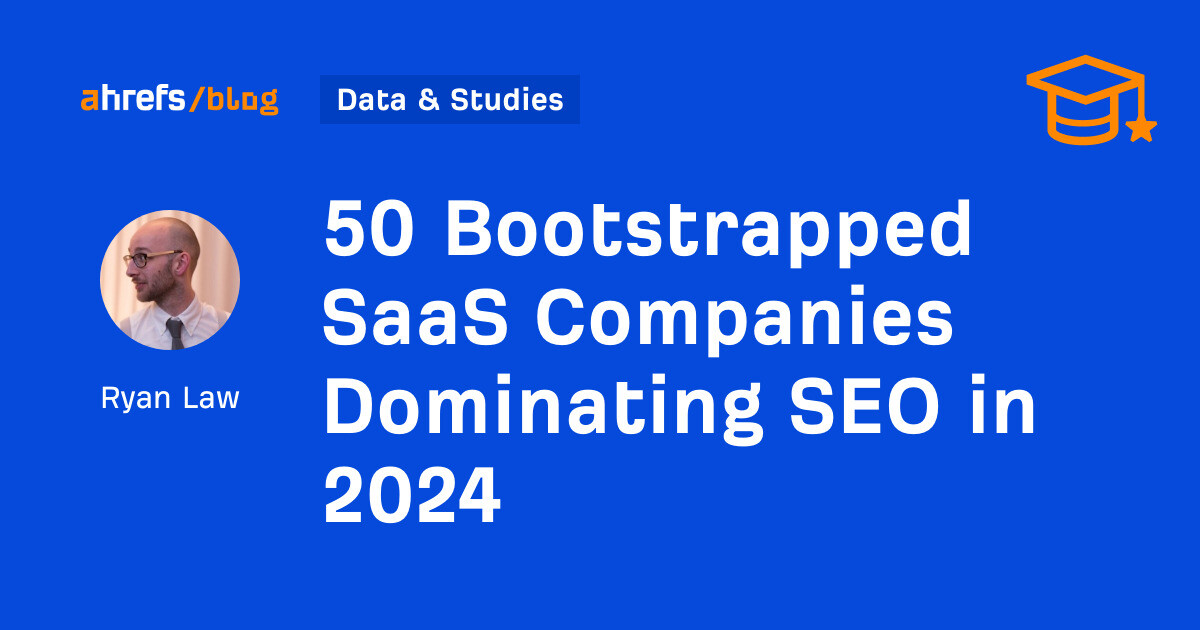If every building in the shopping district in a big city was owned by one landlord, rents would go up. So would the prices of everything sold. The landlord would keep a significant percentage of each store’s profits and innovation would suffer as well.
Google’s monopoly is real.
They pay Apple more than a million dollars an hour to be the default search engine on phones. It’s more profitable for Apple to threaten to build a search engine than it is for them to actually run one. Google overpays for the default status because their hegemony gives advertisers fewer options. And by controlling the flow of attention across the web, they can dictate how websites work and what our experience is online.
Ever since Adam Smith began writing about capitalism, it’s been understood that monopolies are a defect in the structure of free markets. Locking in an advantage gives the monopolist the power to ignore its customers and we all suffer as a result.
A company grows by getting ever better at serving its customers, its vendors and its employees.
A company becomes a monopoly by becoming ever better at becoming a monopoly.
Few companies have done a better job of marketing the benefits of their monopoly than Google. They rarely charge their users, but offer free software and engaging stories instead. But they have relentlessly grabbed more and more of our attention, and used it to create a sinecure that costs all of us. It’s not just ecosia, duckduckgo and kagi that are paying for this monopoly. When a company can shift the rules and focus on more instead of better, we all pay.



![How to Optimize for Google’s Featured Snippets [Updated for 2024]](https://moz.com/images/blog/Blog-OG-images/How-to-Optimize-for-Googles-Featured-Snippets-OG-Image.png?w=1200&h=630&q=82&auto=format&fit=crop&dm=1724004002&s=13df73104762982790dab6dc8328023f)


